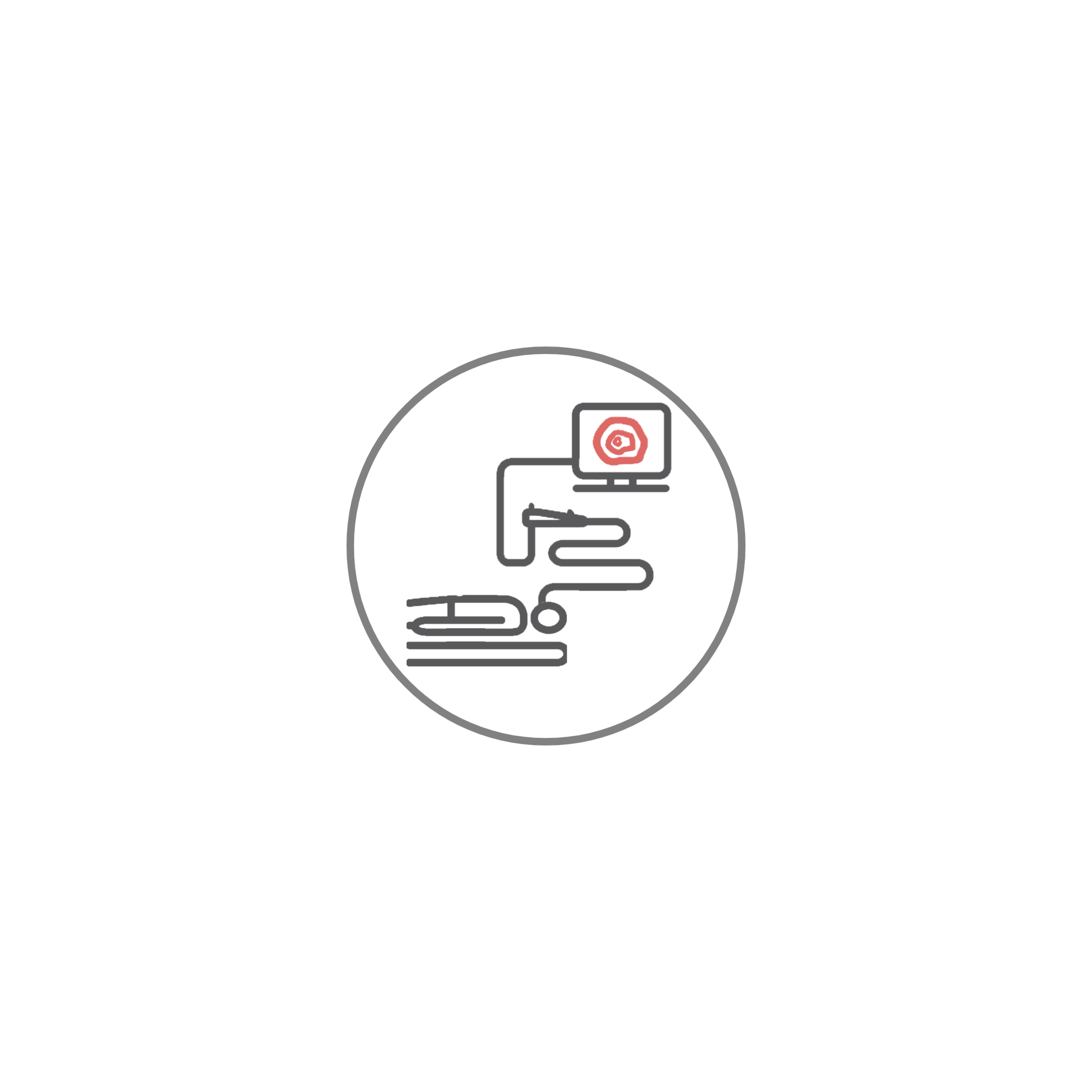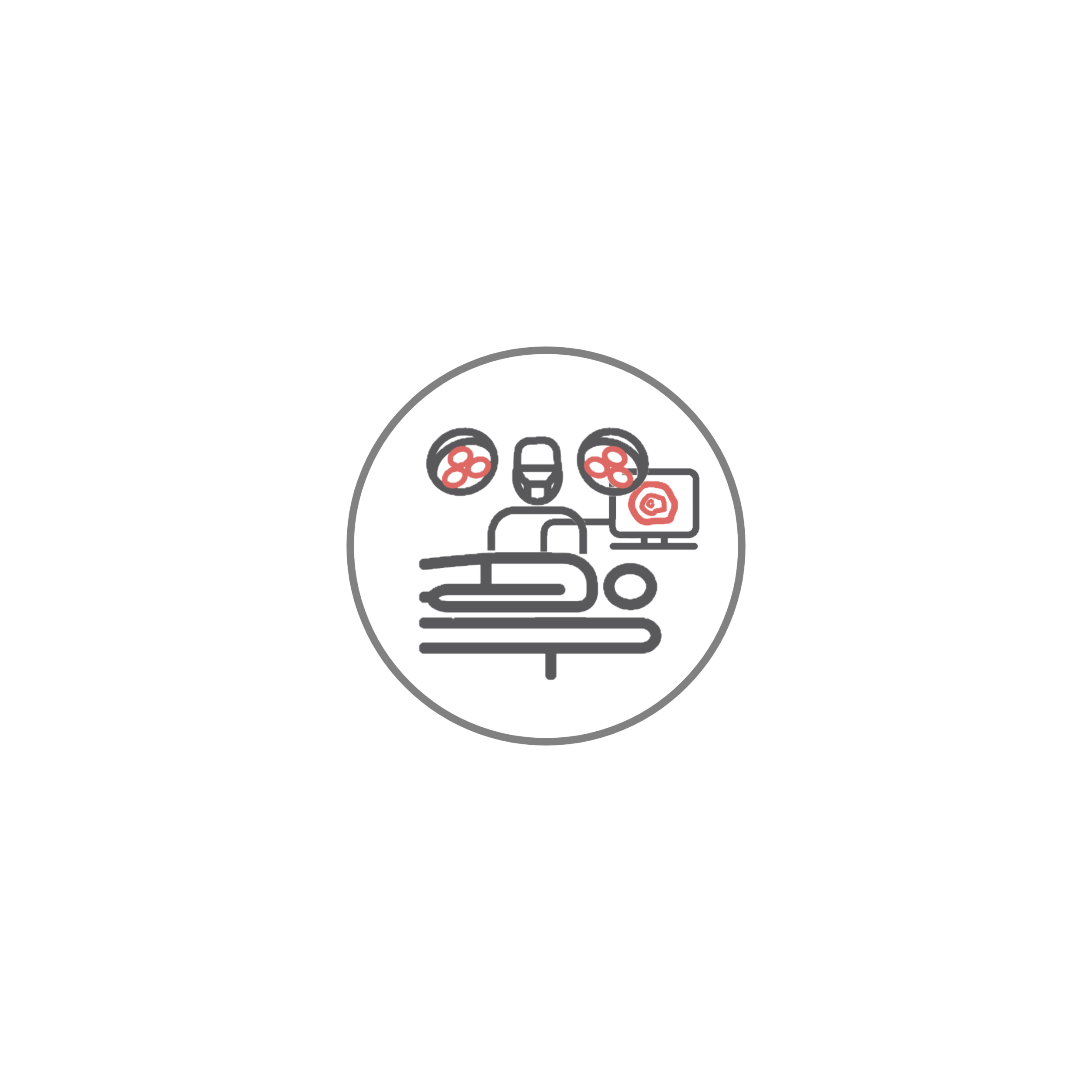
Cancer Care Pathway for Pancreatic Cancer
FACTS
Approximately 70% of all pancreatic cancers are located in the “Head of Pancreas”
1 in 10 pancreatic cancer diagnosis will be related to family history
Approximately 70% of pancreatic cancer patients are above 60 years old
SYMPTOMS
Jaundiced (yellow tinted skin & eyes)
Change in bowel motions & bowel motions that cannot
What is Pancreatic Cancer?
To understand your recommended treatment, it is best to first understand your diagnosis.
The pancreas is part of your digestive system. It is also part of your hormone producing system.
When your doctor talks about the location of your tumour, they will refer to it as one of three locations:
1. Head of Pancreas– a large section of your pancreas, appears to be rounded.
2. The Body– The middle section of your pancreas
3. Pancreatic tail– the end “tail” of your pancreas, this section is narrow.
When you hear the term, “pancreatic cancer” this refers to abnormal cells, or “malignant” cells, occurring in the pancreas which may affect the function of your pancreas. Your pancreas is important for your digestion and to control the hormones required to regulate the amount of sugar in your body.
Before your doctor can confirm your diagnosis, you will probably have to undergo a number of different tests and procedures. Below are a list of the common tests used to confirm pancreatic cancer, and an explanation of why we do these.
Read on to learn about the various tests and procedures that you may undertake prior to diagnosis.
Diagnosis: What to Expect
Multidisciplinary Meeting
After your investigations have been completed, your case will be discussed at a multidisciplinary meeting (MDM). This meeting is made up of surgeons, oncologists, radiologists, pathologists and the allied health team to collaboratively discuss your diagnosis and determine the best individualised treatment pathway for your disease. Your cancer will be staged by what is referred to as the “TNM” Staging System. Once this has been determined, you will meet with your surgeon again. This will take you through to the treatment phase of your journey.
Treatment Team
-

Surgeon
At this appointment, you will meet with the surgeon, fellow or registrar to discuss your diagnosis and treatment options. If this includes surgery, the surgeon will talk you through the operation, risks and benefits so that you can make informed decisions.
-

Cancer Nurse Coordinator
Your meeting with the cancer nurse may coincide with any of the above appointments depending on your treatment. Here, you will be provided with contact details for a central contact at the hospital, educational resources and you will have the opportunity to ask any questions you have about your care.
-

Medical/Radiation Oncologist
If your treatment involves pre-operative chemotherapy (known as neoadjuvant treatment), you will meet the medical oncologist. At this point, you may also meet the radiation oncologist. The oncologists work collaboratively with the surgeons to ensure you are receiving the best care possible.
-

Anaesthetist
Will assess your fitness for surgery and talk you through the medications and pain relief administered during the surgery.
-

Dietitian
Some of you will be referred to a dietitian at the time of diagnosis. This will give you an opportunity to optimise your nutrition prior to treatment and allow ongoing support both in and out of the hospital.
-

Physiotherapist
Will guide you in enhancing your physical fitness for pre-habilitation before surgery and in mobilising and keeping active after surgery.
-

Psychoncologist
Will review mental health issues related with your cancer diagnosis.
Please Note: If you are having surgery, you will also meet a number of people involved in your “Pre-Surgery” planning and assessment. Your Cancer Nurse Coordinator will take you through this in more detail during your appointment.

Resources
A Common Path: Pancreatic Cancer - Victorian Integrated Cancer Services
Empowerment through support: Strength through Nutrition - Victorian Integrated Cancer Services
Empowerment through support: Thoughts Matter - Victorian Integrated Cancer Services
Pancreatic Cancer - Your Guide to Best Cancer Care Cancer Council
Understanding Pancreatic Cancers - Cancer Council Victoria










